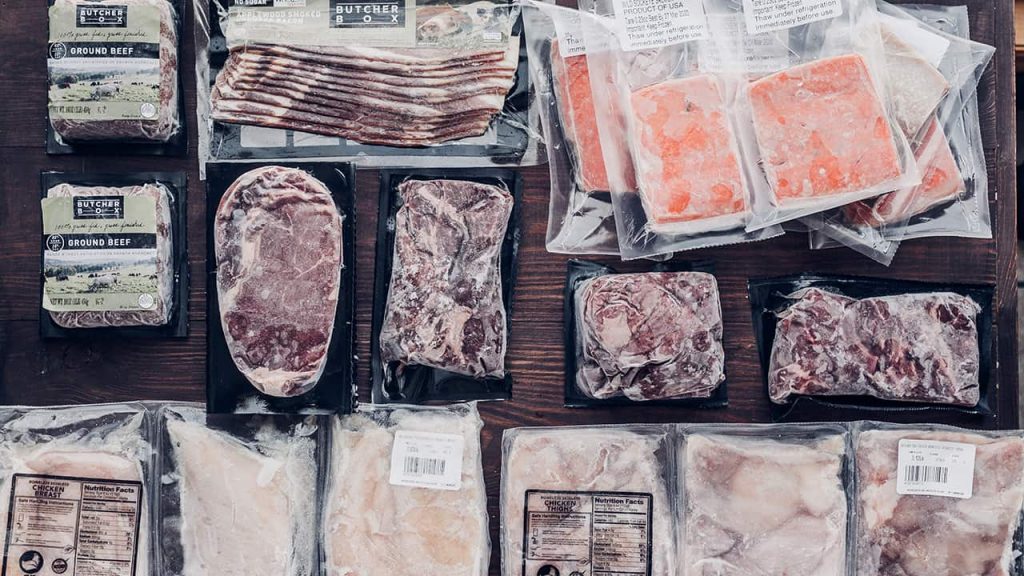Beijing/ Shanghai: Two cities in China have found traces of the new coronavirus in cargoes of imported frozen food, local authorities said Thursday. However, the World Health Organisation (WHO) downplayed the risk of the coronavirus virus entering the food chain.
A sample taken from the surface of frozen chicken wings imported into the southern city of Shenzhen from Brazil contained the virus. Samples of outer packaging of frozen Ecuadorian shrimp sold in the northwestern city of Xian also tested positive for the virus. This information was given by the local authorities.
Shenzhen authorities identified the chicken as originating from a plant owned by ‘Aurora’, Brazil’s third-largest poultry and pork exporter.
As confirmed COVID-19 cases continue to rise globally, the discoveries raise fresh concerns. The concerns are that the virus which causes the disease can spread on surfaces and enter the foodchain. A day earlier, officials started investigating whether the first COVID-19 cases in New Zealand in more than three months were imported by freight.
Viruses can survive up to two years at temperatures of minus 20 degrees Celsius. However, scientists and officials have asserted there is no strong evidence so far the coronavirus can spread via frozen food.
“People should not fear food, food packaging or delivery of food,” WHO Head of Emergencies programme Mike Ryan told a briefing.
The US Food and Drug Administration and Agriculture Department said in a joint statement ‘there is no evidence that people can contract COVID-19 from food or from food packaging’.
Brazil’s ‘Aurora’, said it had not been formally notified by the Chinese authorities of the alleged contamination. The company said it takes all possible measures to prevent the spread of the coronavirus. “There is no evidence coronavirus is spread through food,” Brazil’s agriculture ministry said. It also informed that it was seeking clarification from Chinese authorities.
Shenzhen’s health authorities traced and tested everyone who might have come into contact with potentially contaminated food products. Luckily all results were negative, the city’s notice said. “It is hard to say at which stage the frozen chicken got infected,” said a China-based official at a Brazilian meat exporter. The Shenzhen Epidemic Prevention and Control Headquarters said the public needed to take precautions to reduce infection risks from imported meat and seafood.
China is screening all meat and seafood containers coming into major ports in recent months. It however has suspended some meat imports from various places, including Brazil, since mid-June.
The first cluster of COVID-19 cases was linked to the Huanan seafood market in the Chinese city of Wuhan. Initial studies suggested the virus originated in animal products on sale at the market.
Li Fengqin, who heads a microbiology lab at the China National Centre for Food Safety Risk Assessment told reporters in June the possibility of contaminated frozen food causing new infections could not be ruled out.
